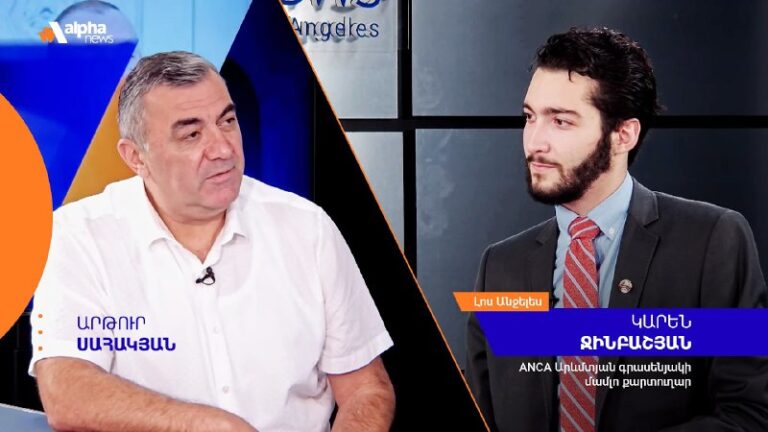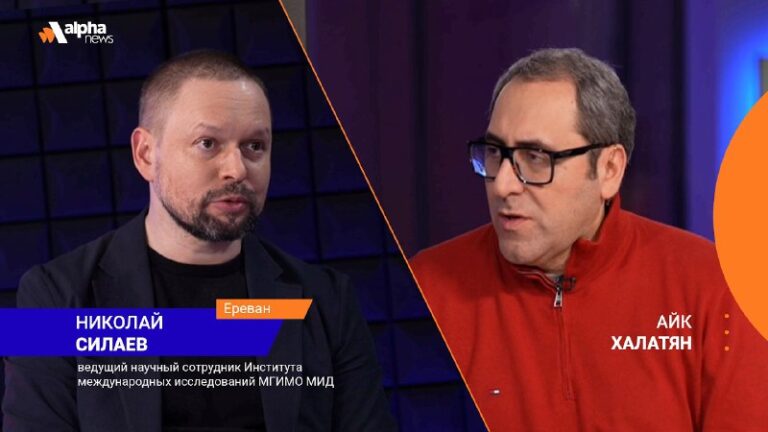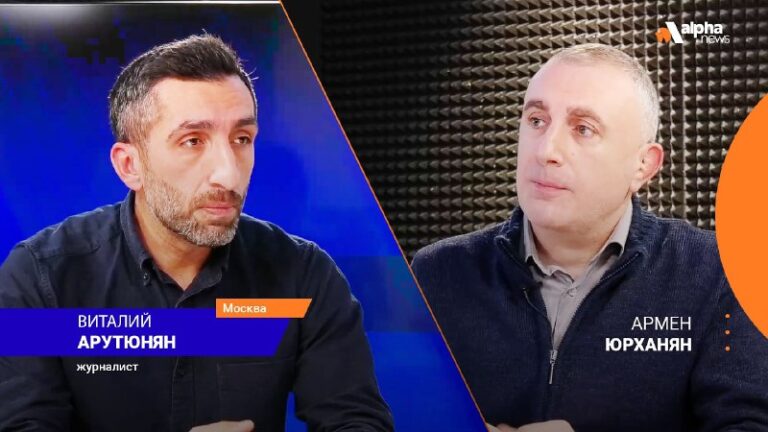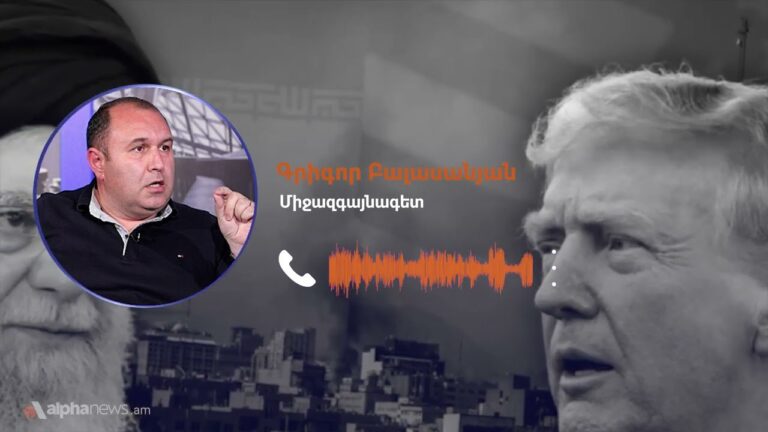Both Baku and Yerevan treat Russia’s proposals with coolness – Nikolay Topornin
Speaking with Alpha News, Nikolay Topornin, Associate Professor at Moscow State Institute of International Relations (MGIMO), commented on Russian Ambassador to Armenia Sergey Kopyrkin’s statement that Moscow has never abandoned its role as an “honest broker” in the talks between Baku and Yerevan.
“The Ambassador tried to step up Russia’s role a little in the process of establishing good-neighborliness between Azerbaijan and Armenia, since Russia’s participation has been recently minimized and there are no serious negotiation processes. Armenia has even frozen its participation in the CSTO. This shows a decrease in the intensity of the political and diplomatic dialogue.
The Ambassador once again reminded Armenia that Russia is ready to help. However, at the moment it turns out that Russia’s role is very passive, because Russia does not have any direct levers to influence the situation, and the reason for this is that there is no constructive peaceful dialogue between Armenia and Azerbaijan. Therefore, Russia is pursuing a careful and very restrained diplomatic policy in order not to harm its relations with either Baku or Yerevan,” Topornin said.
According to the expert, neither Baku nor Yerevan has any interest in negotiating under Russia’s mediation.
“Both Baku and Yerevan treat Russia’s proposals with coolness. Neither Baku nor Yerevan has a direct interest in negotiating under Russia’s mediation. It seems to me that the root of the problem lies in direct contact, in direct dialogue between the leaders of Azerbaijan and Armenia. No one will solve this problem for them. Neither the European Union, nor the United States, nor Russia. Moreover, we know that the EU is developing relations with Baku, and these energy issues and gas transit issues are more important for the European Union today than the resolution to the Armenian-Azerbaijani conflict. Don’t be under any illusions. The EU will not take any serious action. Yes, there will be a diplomatic dialogue, but, strictly speaking, it has been going on for many years, and it has not been really helpful,” Topornin concluded.







